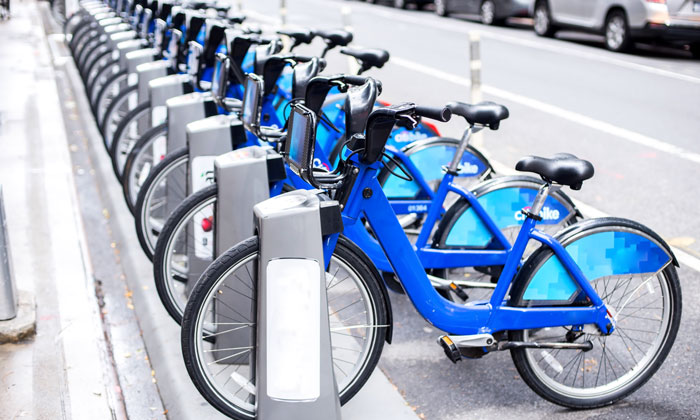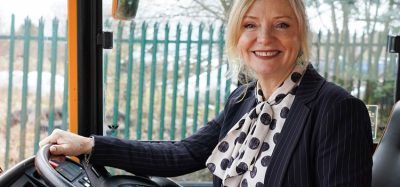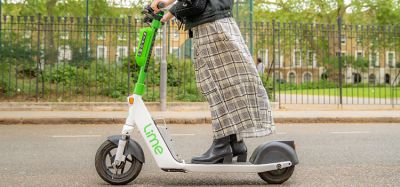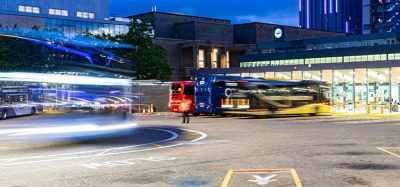Minority groups need to ride too!
- Like
- Digg
- Del
- Tumblr
- VKontakte
- Buffer
- Love This
- Odnoklassniki
- Meneame
- Blogger
- Amazon
- Yahoo Mail
- Gmail
- AOL
- Newsvine
- HackerNews
- Evernote
- MySpace
- Mail.ru
- Viadeo
- Line
- Comments
- Yummly
- SMS
- Viber
- Telegram
- Subscribe
- Skype
- Facebook Messenger
- Kakao
- LiveJournal
- Yammer
- Edgar
- Fintel
- Mix
- Instapaper
- Copy Link
Posted: 4 July 2018 | Intelligent Transport | 1 comment
nextbike UK has called for more funding to make bike-share schemes accessible for all members of the community.


The call was made by nextbike MD, Julian Scriven, at the Cycle City Active City conference in Manchester, UK.
Mr Scriven, a keynote speaker at the event, said: “Any bike-share scheme will increase the amount of cycling in a city, but without inward investment and whether we like it or not, commercial viability has to take precedence over inclusivity.
“This inevitably means that a bike share scheme will focus on the people who are already more likely to cycle. Bike share is good, but a financially-supported scheme will bring greater benefits to a wider section of society.
“Although bike-share providers have their part to play in making sure all sections of society can access our schemes, local authorities and the Government need to do more to ensure the schemes are able to go further into the community than just city centres.
“Once cycling infrastructure is in place, additional funding is needed to provide essential programmes that ensure everyone has access to, and feels confident about, being able to get on a bike.”
To encourage more uptake, Mr Scriven said nextbike already offer free or reduced-rate memberships to the unemployed and economically disadvantaged, along with female-only cycling classes.
“It’s not acceptable that the people who could benefit the most from cycling – those in disadvantaged and economically deprived areas and from marginalised sections of society – are the people cycling least. Bike-share has been proven to improve mental and physical health, to reduce congestion and C02 emissions and it’s one of the cheapest and fastest ways to get around our towns and cities. We need more financial help to redress the balance to ensure it’s not just those living in affluent city centres who are able to benefit.”
The call was welcomed by fellow panellists from the transport world, including the DoT’s Deputy Director for Active and Accessible Travel, Rupert Furness.
Mr Scriven also revealed at the conference that he would like to introduce a broader range of bikes to improve accessibility, such as tricycles and e-bikes, but said the onus cannot be on providers alone to fund this.
Matt McNulty, Serco Urban Mobility Director, echoed Mr Scriven’s calls.
He said: “Outreach is a key component of delivering cycle hire as a transport mode and enabling all elements of the community to benefit equally.”
Related topics
Mobility Services, Multimodality, Passenger Accessibility
Related modes
Bikes & Scooters, Cycling
Related cities
UK
Related organisations
nextbike UK
Related people
Julian Scriven, Matt McNulty, Rupert Furness









don’t forget that walking is a transport mode too and that decent & socially safe walkways are still very scarce everywhere . The “first ” and “last ” miles always start by walking and/ or cycling .An inclusive M.a.a.S system should incorporate those networks too